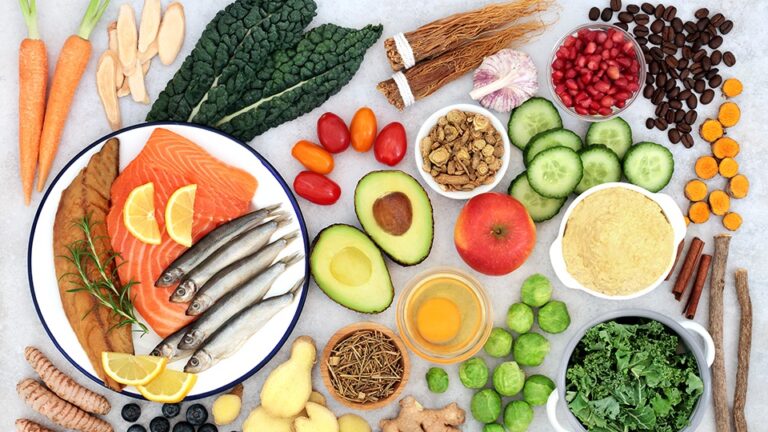Chronic pain affects millions of people worldwide and can negatively impact the quality of a person’s life. Chronic pain can be multifaceted, but in recent years, patterns have emerged in the connection between insulin resistance and chronic inflammatory conditions.
Insulin resistance is when the body’s cells become less responsive to insulin. Insulin is a hormone that helps to regulate blood sugar levels. Elevated blood sugar levels, over time, can lead to an increased risk of heart disease, obesity, type 2 diabetes, and metabolic syndrome.
In November of 2021, NHS England wrote an article that “1 in 10 people in the West Midlands could have diabetes by 2030” due to increased levels of obesity in the region. It is for these reasons that the West Midlands could now become the UKs capital of chronic pain and inflammatory conditions.
This article explains how diet and lifestyle could be the key to unlocking a more practical approach to pain management and be pivotal in supporting recovery and enhancing overall quality of life.

The chronic pain connection
Obesity
According to Diabetics UK, the UK currently ranks as the country with the highest levels of obesity in Europe, with more than 1 in 4 (28.1%) adults obese and nearly 2 out of 3 (63.4%) overweight.
Obesity is believed to account 85% of those at risk of developing Type 2 Diabetes. Excess adipose tissue, the body’s fat cells release pro-inflammatory molecules, making the body less sensitive to insulin, resulting in insulin resistance. Excess weight can also stress the joints and muscles, impact mobility, and increase the risk of chronic inflammatory conditions.
Inflammation
Inflammation drives insulin resistance, which causes inflammation, leading to chronic low-grade inflammation and an inflammatory cascade that worsens over time. This then becomes a vicious cycle – the more pain, the more inflammation, leading to more pain and poor quality of life.
Nerve Damage
The release of these pro-inflammatory molecules combined with prolonged periods of blood sugar imbalance can damage nerve signalling pathways. Damaged nerves send signals to the brain to cause pain, numbness, and tingling even without injury.
Brain
Insulin resistance may impair the pain’s ability to effectively process and manage pain signals. This can also impact mood, leading to anxiety and depression, which are all closely associated with chronic pain.

Managing chronic pain through diet and lifestyle.
Lifestyle
Adopting a healthy lifestyle, consuming whole foods, limiting refined sugar, and reducing high glycaemic load foods can help to manage insulin resistance and, therefore, be effective in managing chronic pain.
Movement
A less sedentary lifestyle can lower blood glucose levels and reduce excess weight, lowering inflammation and, therefore, reducing chronic pain. Going for a brisk 30-minute walk after meals can help to lower circulating blood glucose levels.
Blood sugar balance
Ensuring to consume enough protein and fibre alongside a meal can slow the release of glucose into the bloodstream; this can reduce the rollercoaster ride of blood sugar throughout the day, reducing food cravings and creating more stabilised blood sugar. This will not only help support weight management but also reduce excess circulating insulin, and help to reduce inflammation.
Anti-inflammatory foods
A diet rich in fruits, vegetables, and oily fish such as salmon, mackerel, and sardines can help reduce inflammation. Specific targeted nutrients such as turmeric and ginger can inhibit inflammation pathways within the body.
The link between chronic pain and insulin resistance is complex and multifaceted, but as studies start to emerge, this could be the key to developing more long-term strategies for managing chronic pain and inflammatory conditions, reducing osteoarthritis and conditions such as fibromyalgia.
Diet and lifestyle, along with specific anti-inflammatory foods and nutrients, can create more balance within the body to alleviate chronic pain, enhance mobility and support the body’s natural healing processes for people throughout the West Midlands.






